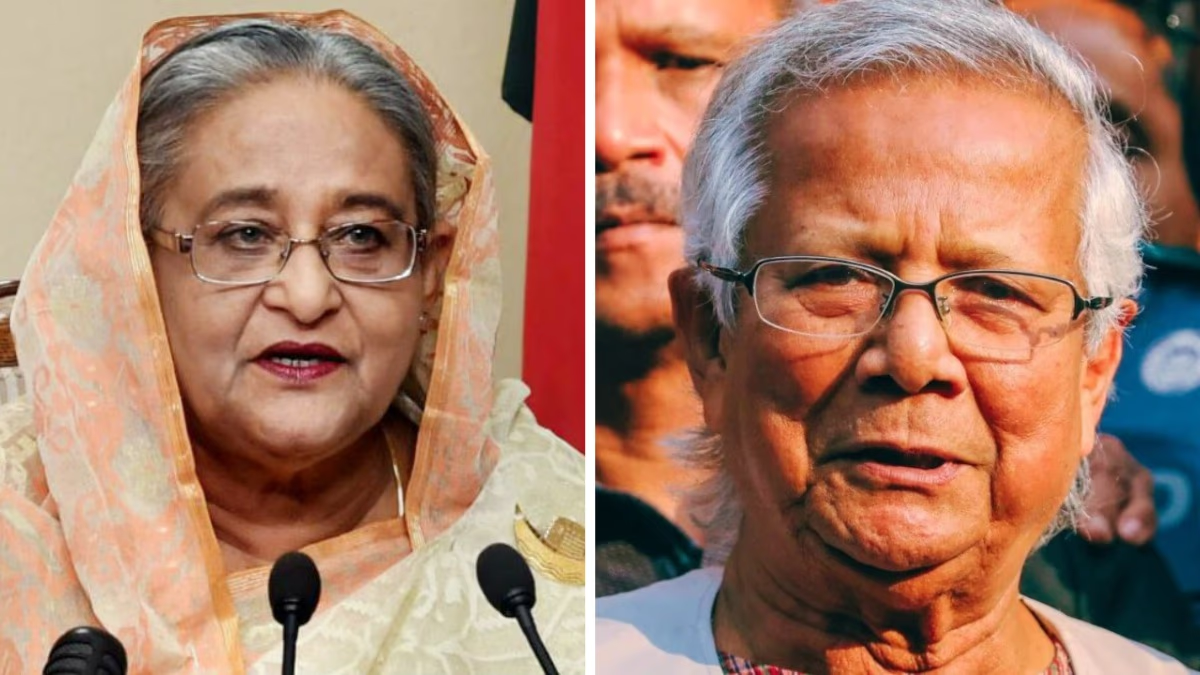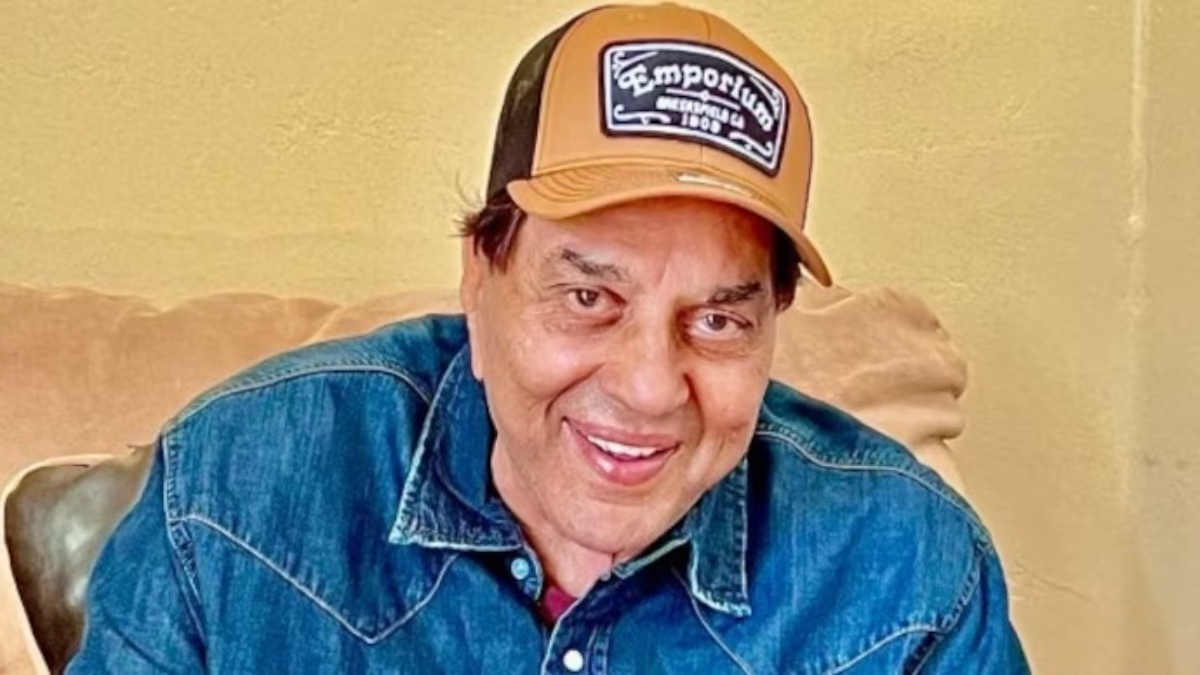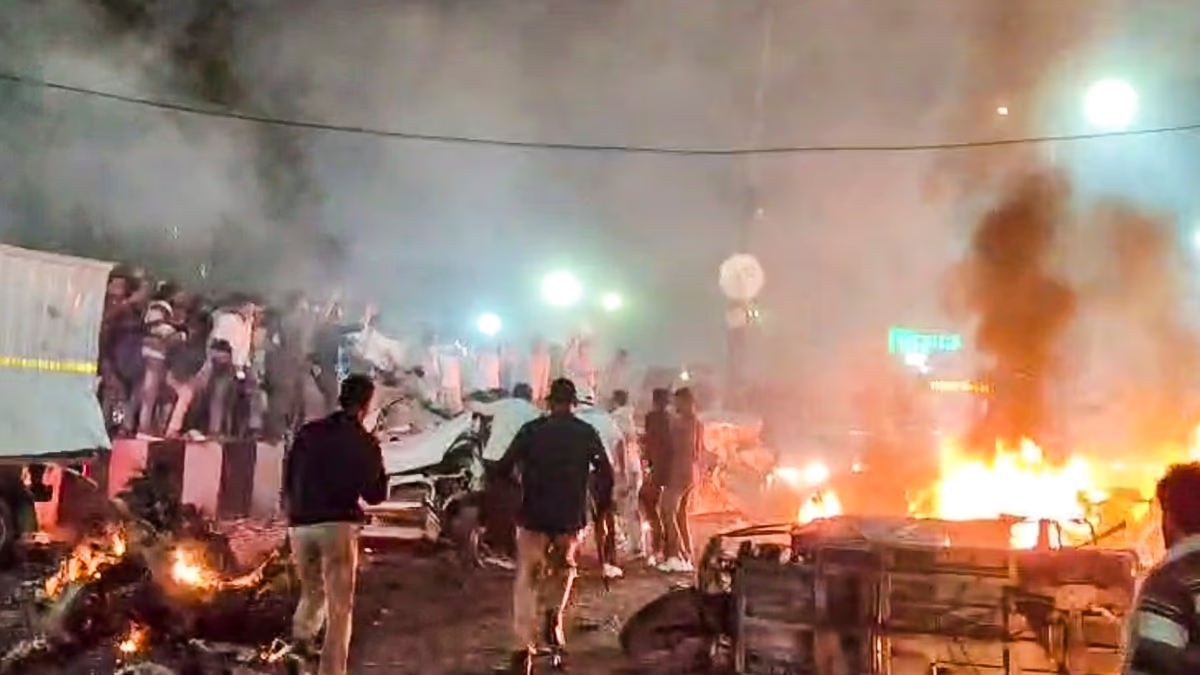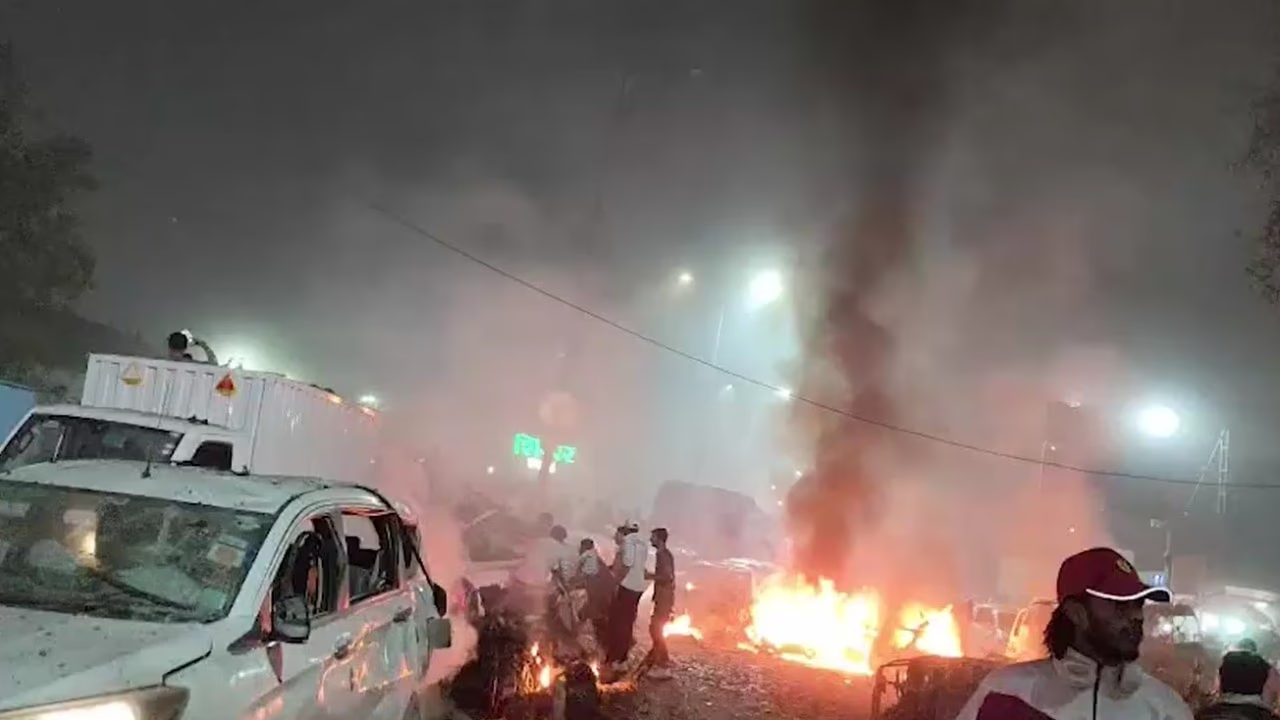Three months after former Prime Minister Sheikh Hasina fled Bangladesh, her party, the Awami League, has called for a massive protest rally in Dhaka this Sunday. Following the student uprising in August, the former ruling party is grappling with increased attacks on its leaders and activists. With much of the top leadership either jailed or in exile, the party is attempting to reorganize and reinvigorate itself.
For this reason, the party has called for a protest march in Dhaka on Sunday, November 10. The interim government led by Muhammad Yunus recently banned the student wing of the student union. Labeling the Awami League as a "fascist" party, the interim authority has also sought its ban. In a statement issued by AL on Saturday, it condemned the conspiracy to strip the people of their rights, the rise of radical forces, and the disruption of ordinary life. "We urge everyone to stand with the Awami League leaders and activists to protest against this governance by tyrants," the statement declared.
The interim government has issued a stern warning against any such efforts by the Awami League. In a Saturday statement, Muhammad Yunus's press secretary, Shafiqul Alam, articulated, "In its current form, Awami League is a fascist party. It will not be allowed to protest in Bangladesh. Anyone attempting rallies, assemblies, or processions under the orders of mass-murderer and dictator Sheikh Hasina will face the full strength of the law enforcement agencies. The interim government will not tolerate any attempts at violence or disorder."
Recently, the interim government banned the Awami League's student wing, the 'Student League.' Under the leadership of Nobel Laureate Muhammad Yunus, a gazette was issued, banning the organization under the anti-terrorism act of 2009. The gazette cited activities threatening public safety such as murder, torture, campus harassment, seat trading in student dormitories, tender manipulation, rape, and sexual harassment.
Back in June, protests erupted against a government decision overturned by Bangladesh's Supreme Court that restored the 30% quota for descendants of freedom fighters. The decision, a response to the 2018 Bangladesh quota reform movement, left students feeling they faced limited opportunities based on merit. Initially targeting the reinstated quota system for government jobs, the protests escalated into violence, forcing Prime Minister Sheikh Hasina to flee the country on August 5.




